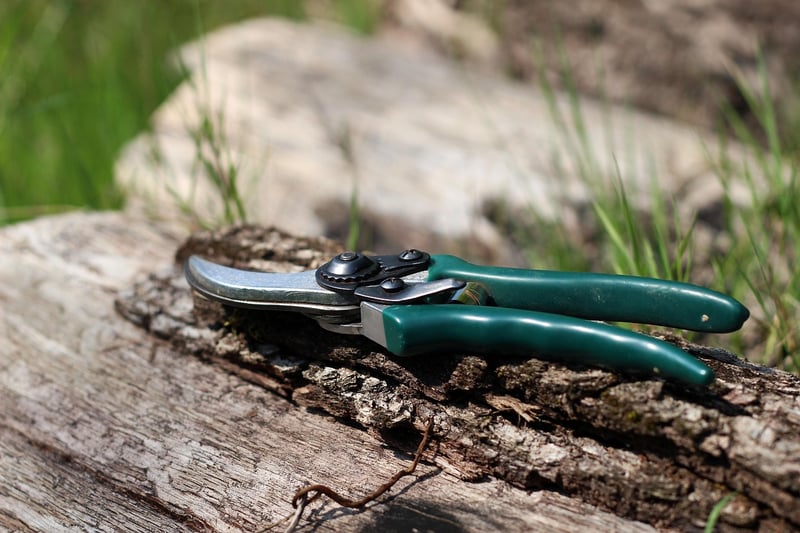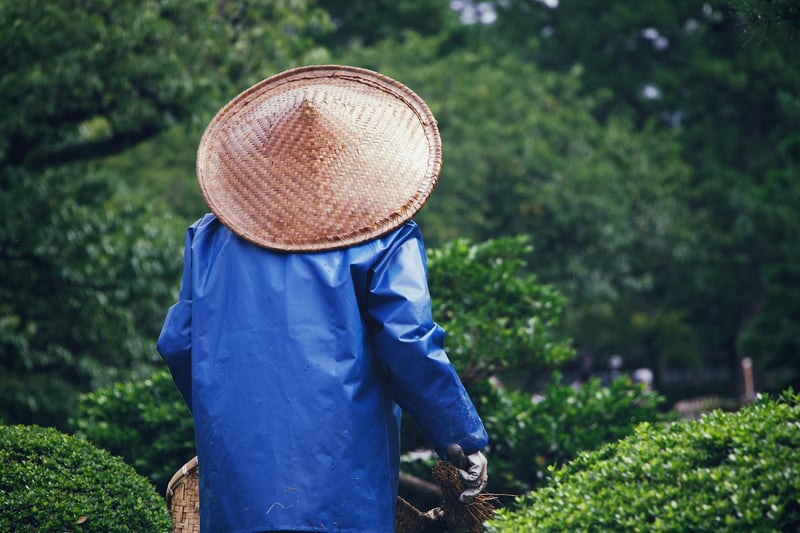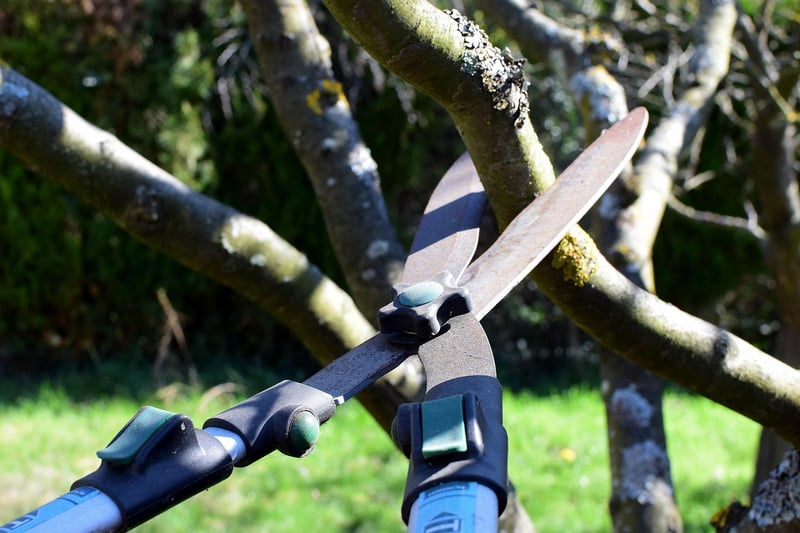Pruning Techniques
Keep Your Garden Thriving: Pruning Techniques
Having a flourishing garden requires more than just watering and weeding. Proper pruning techniques are essential to help your plants reach their full potential. Whether you're a seasoned gardener or just starting out, mastering the art of pruning can make a significant difference in the health and appearance of your garden.
Why Pruning is Important
Pruning is not just about cutting off random branches. It serves several important purposes:
- Encourages healthy growth
- Shapes plants for aesthetic appeal
- Removes diseased or damaged parts
- Controls size and improves flowering
Pruning Techniques
Here are some essential pruning techniques to keep your garden in top shape:
- Deadheading: Removing dead or faded flowers encourages new growth and prolongs the flowering season.
- Thinning: Removing excess branches allows more light and air to reach the plant, promoting healthy growth.
- Heading back: Cutting back a portion of a branch stimulates growth in the lower part of the plant.
- Pinching: Using your fingers to pinch off soft growth encourages bushier plants.
- Rejuvenation: Drastic pruning to revive an overgrown or neglected plant.
Tools for Pruning
Having the right tools is crucial for effective pruning. Some essential tools include:
- Pruning Shears
- Loppers
- Pruning Saw
- Hedge Shears
- Gloves for protection
Conclusion
Mastering the art of pruning is essential for any gardener looking to keep their garden thriving. By understanding the different techniques and using the right tools, you can ensure your plants are healthy, vibrant, and visually appealing. So roll up your sleeves, grab your pruning shears, and get ready to give your garden the care it deserves!


